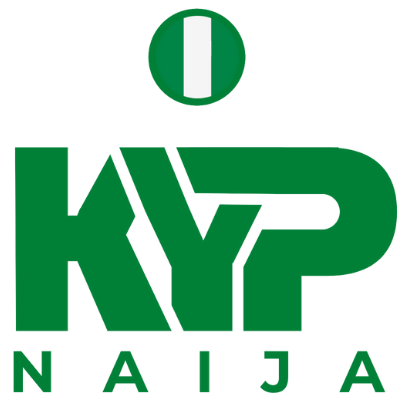Experts have begun a continent-wide comparative research project on how urban growth transforms politics and societies in five African cities including Lagos.
Led by PI Hoelscher, the project known as Political Change in African Cities (PACE) unites the Peace Research Institute Oslo (PRIO) and partnering with the University of Bristol, University of Gothenberg, University of Lagos and UC Berkeley to identify how urban growth shapes political change, highlight the societal implications of these changes and determine their relevance for the United Nations Sustainable Development Goals.
According to the Researchers: Kristian Hoelscher, PRIO, Norway), Sean Fox and Nicholas Dorward(University of Bristol, UK), Prof Taibat Lawanson (University of Lagos, Nigeria), Jeffrey Paller (Uppsala University, Sweden), and Melanie Phillips: UC Berkeley, US, urban growth in African cities is creating new spatially and demographically produced negotiations for services, resources, rights and power.
The researchers said the political implications of African urbanisation are contingent on local conditions and experiences; there are no deterministic associations between urbanisation and political change. To better understand the mechanisms linking urbanisation to politics, they argued that a place-based approach is needed.
They said: “The contentious urbanisation is transforming politics and governance, though we do not yet fully understand the dynamics or magnitude of these changes; nor the impacts it may have on cities and societies.”
Over one billion residents will be added to African towns and cities in the next 30 years, yet the political implications of this are almost unknown. Urbanisation is transforming the human and political geography of Africa. African cities and their politics are changing. The urban population is expanding at unprecedented rates, having profound impacts on politics, governance, and citizenship – and the UNs 2030 Agenda for Sustainable Development.
While research is beginning to emerge, the political dimensions of this urbanisation remain largely unexplored. This project examines these issues, developing a new dataset on the political dynamics of African cities, and collecting survey data and interview-based fieldwork in five cities: Accra, Kampala, Lagos, Lusaka and Nairobi.
The Lagos research team unveiled its findings recently at a one-day stakeholders workshop on PACE held in Lagos, organised by the University of Lagos Centre for Housing and Sustainable Development (CHSD) and the international research team, which is supported by the Research Council of Norway. The Lagos case study involved three communities: Magodo (high-income), Surulere-Bode Thomas and Lawanson (middle-income), and Oworoshoki (low-income).
Co-Director, CHSD and Lead Investigator – PACE Project, Lagos, Lawanson, explained that the study in Lagos looked at the impact of urban politics on African cities, particularly how urban residents are demanding change and transforming their communities.
She said: “At the individual level, we sought to understand personal motivations for joining partisan politics, while at the community level; we examined the internal politics of community mobilisation and organising, as well as the politics of engaging among community members and between community and government in bringing transformation to neighbourhoods.
The workshop enabled the research team to present their emerging fieldwork results and provided an opportunity for representatives of government agencies, civic organisations, local communities and multi-stakeholder political actors to discuss challenges, share best practices and understand the influence and impact of urban politics on trends and patterns of urban development in Lagos.
According to Lawanson, the study encourages more women’s participation in politics, strengthens Community Development Association (CDAs) governance structures, capacity development for local councils, accountability and transparency in governance processes, and ensures understanding that various communities have different needs and access to government resources in a variety of ways including advocacy/lobbying, partnership and influence.
One of the researchers, Dr Damilola Agbalajobi, who presented the emerging research findings, said property ownership is an integral link to community and political influence. “While residents/ landlord associations often represent the interests of property owners, in areas where land is still controlled by families with ancestral ownership claims, the politics of indigene can structure local governance. The traditional authorities are prevalent in the low-income areas, residents/landlord associations are dominant in higher-income areas.”
Agbalajobi, who is Head, Political Science Department, Obafemi Awolowo University, said given the ineffectiveness of formal representation, residents turn to non-state authorities to govern their neighbourhoods.
Paller, who spoke at the workshop, disclosed that research activities involve the development of a new dataset for African cities that compiles social, demographic, political and economic data for over 300 urban settlements across Africa, theoretical and conceptual development of a place-based perspective on political change in African cities, statistical studies on urban growth, urbanisation, political participation, as well as political value.
The post ‘How Lagos urban growth transforms politics, societies’ appeared first on Guardian Nigeria News.
